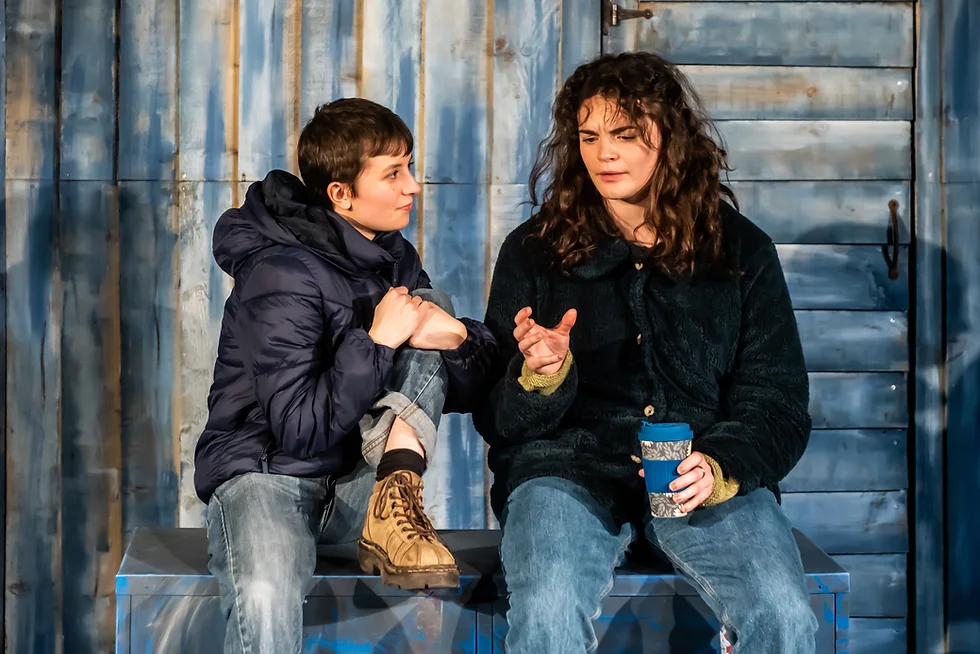by Laura Kressly
Best friends Noa and Nina are 17 and have the world at their feet. They are bright, articulate, young women with busy, privileged lives. Despite this, they agonise over the possibility of the world passing them by and whether or not they might actually be quite boring. To manage their worries, they project them – and their queerness – onto a high-conflict romance of their own creation. Set on a contemporary American ranch, scenes from their heightened fiction intersect with the real in entertaining and touching ways.
Continue reading






